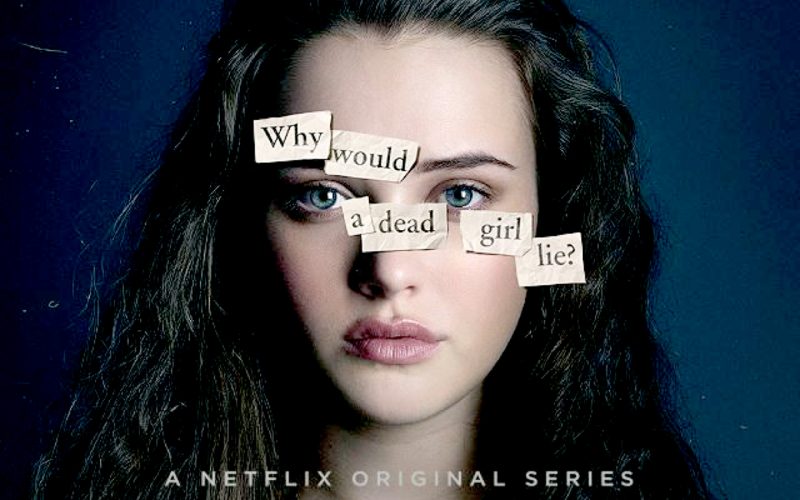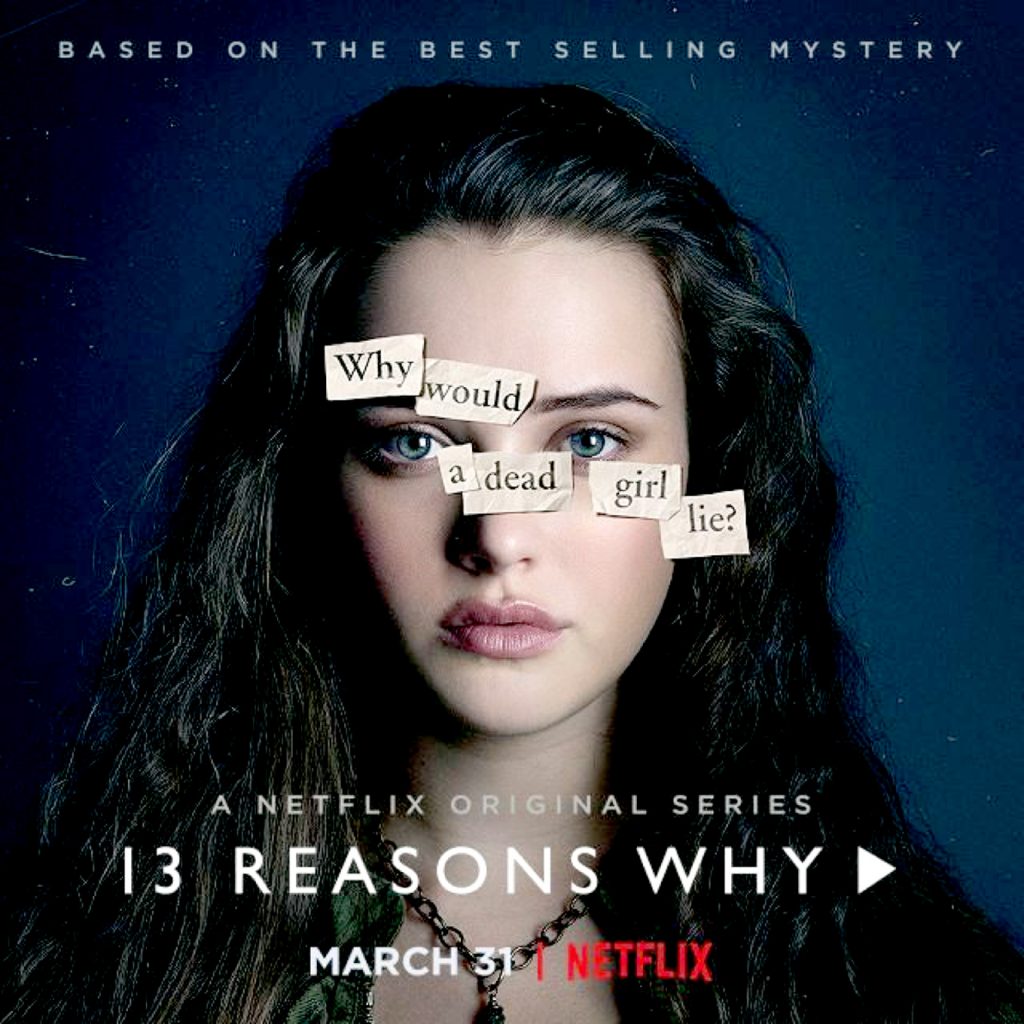- Courtesy photo
Netflix’s hit show 13 Reasons Why, about the suicide of high-schooler Hannah Baker, has monumentally failed its target audience. Directed mostly toward high school students, 13 Reasons plays out like every teenage revenge fantasy anyone ever had. “They’ll be so sorry when I’m gone.”
First, let me just say depression is something I’ve struggled with in big ways since I was in high school. I started taking antidepressants when I was 15. I honestly don’t know what “normal” feels like. Depression is a struggle, and when a television series is able to capture that hopelessness — the flailing, the drowning — it’s something special. Bojack Horseman and Lady Dynamite are two Netflix shows that portray depression in a real, gut-wrenching, unflinching way. That’s what 13 Reasons Why is trying to be: another incredible, accurate portrayal of depression.
What it instead becomes is a somewhat dangerous show that basically plays out like every gross revenge fantasy any teenager has had.
When Hannah Baker has had enough of her life and being treated poorly by all the kids at school, she slits her wrists in a bathtub, leaving behind 13 tapes to be given to 13 different people who she holds responsible for her suicide. Aside from the fact that she put the person who was basically the only person who ever treated her with any amount of decency on the tapes, she also put people on them that did things like “put her on a list of hot girls” and “stopped trying to pursue her after she screamed at them to stop.” In a world where consent seems to be a really confusing concept for high school boys to understand, maybe it’s a poor idea to make two of your characters “hold responsibility” in her suicide for actually listening to her when she says the word “no”!
Credit where credit’s due, though, 13 Reasons Why has a great cast full of great actors that keep you engrossed, even as the story might make you a little angry at the television. Dylan Minnette as central character Clay and Katherine Langford as Hannah Baker both give great performances. The writing is aces, the performances are top notch, and the story is engrossing enough to actively make me hate everything about Hannah Baker. It takes a talented group of people to make you actively dislike a fictional character.
That’s about the only way 13 Reasons Why succeeds though. There seems to be a divide in the people who watch it, too. Many folks who have personally struggled with or been affected by suicide know how not okay and unrealistic this portrayal is. First of all, Hannah is never shown seeking out any options. Never once raising her feelings to her parents, the only time she ever approaches the adults in her life is literally right before she decides to kill herself, and the guidance counselor she goes to basically displays a criminal level of irresponsibility in dealing with her. Her parents are too absorbed in their failing business to look for any of the telltale signs in their daughter, but oh wait, it’s not like she’s actually showing anything to them anyway so, so much for that. She never tries any medication, any therapy. Even the recording of the 13 different tapes about her experiences didn’t provide an ounce of catharsis. The closest she gets to that is in the moments right after she’s done, when she decides to give the guidance counselor a try.
The last two episodes of this show feel like they belong to some other show entirely. That’s when the show gets to its darkest, with Hannah’s rape and suicide unfolding. The portrayal of sexual assault is hard to watch, as is the suicide itself. That’s the one thing I thought the show did well. I had to leave the room, it was too much. Usually when a young woman decides to slit her wrists in film and television, there are candles and soft music. There’s a romanticized feel to everything. She winces slightly as she cuts and then gently falls asleep. For Hannah, it shows the pain. It shows a kind of terror I imagine many go through. It was at this point I had to leave the room. I could hear her Mom come in and didn’t need to see the immediate aftermath of her decision.
Having just been renewed for season two, we aren’t done with the kids of 13 Reasons Why. Hannah’s story may be over, but the impact she had is sure to be felt by those kids for years. That’s why I disagree with it so much. Like I said, it’s a revenge fantasy playing out. She wanted people to be sorry that she was gone, to regret what they did to her, to acknowledge what they did to her. Well, what better way to do all that than posthumous blackmail, right? Maybe in season two they’ll deal with some of the things actual mental health professionals have pointed out to them.




